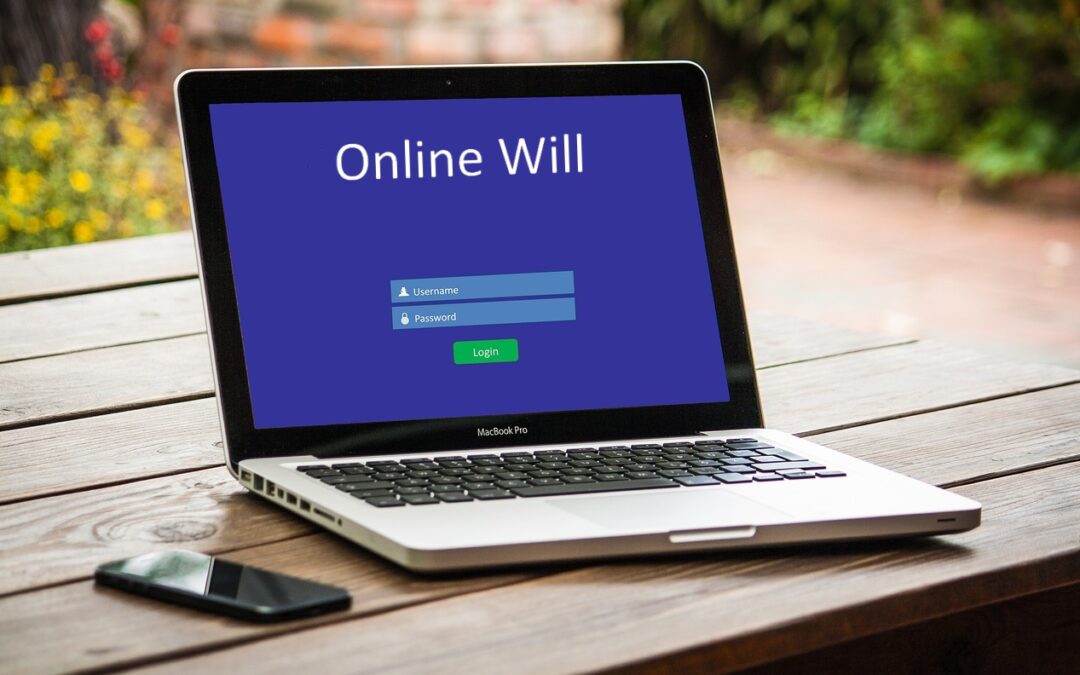In recent years, the digital revolution has extended its reach into the realm of wills and estate planning. Companies like FreeWill , Legacy Planner and GivingDocs claim that their online will planners can effectively generate planned gift intentions. But do these platforms really deliver on their promise? Are they a viable tool for fundraisers and non-profit leaders to tap into the potential of planned giving? Let’s explore.
The Rise of Online Will Planners
What Are Online Will Planners?
Online will planners are digital tools that allow individuals to create legal wills online. They often come with user-friendly interfaces, guided templates, and educational resources to help users make informed decisions about their estates. Companies like FreeWill, Legacy Planner and GivingDocs have taken this concept a step further by integrating planned giving options into their platforms.
Why They’re Gaining Popularity
The convenience and accessibility of online will planners have made them increasingly popular. According to a study by Caring.com, the number of Americans creating their wills online has grown by 23% over the past five years. This shift is largely driven by the ease of use and the ability to complete the process from the comfort of one’s home.
The Promise of Generating Planned Gift Intentions
How Do They Work?
These platforms aim to simplify the process of including charitable gifts in wills. Users are prompted with options to allocate a portion of their estate to a non-profit organization. This seamless integration makes it easier for individuals to consider planned giving as part of their legacy.
Do They Deliver Results?
Statistically speaking, the answer is promising. FreeWill reports that over $2 billion in planned gifts have been committed through their platform. Similarly, GivingDocs has facilitated millions in planned donations. These numbers suggest that online will planners are indeed effective in generating planned gift intentions.
Benefits for Fundraisers and Non-Profit Leaders
Increased Accessibility
Online will planners make estate planning accessible to a broader audience. This democratization means that more individuals, regardless of their financial status, can consider planned giving. For non-profits, this opens up a new stream of potential donors.
Streamlined Process
The integration of planned giving options within the will creation process simplifies the workflow for fundraisers. Instead of engaging in lengthy discussions about estate planning, fundraisers can direct potential donors to these platforms, where the process is already guided and streamlined.
Enhanced Engagement
Online will planners can serve as a touchpoint for ongoing engagement with donors. By providing educational resources and regular updates, non-profits can maintain a relationship with individuals who have included them in their wills.
Success Stories
Numerous non-profits have reported success using online will planners. For instance, the American Red Cross has received significant planned gifts through FreeWill, enabling them to fund critical programs and initiatives.
Conclusion The evidence suggests that online will planners do indeed generate planned gift intentions. For fundraisers and non-profit leaders, these tools offer a modern, efficient way to tap into the potential of planned giving. By incorporating online will planners into your fundraising strategy, you can enhance donor engagement and secure future support for your organization.

